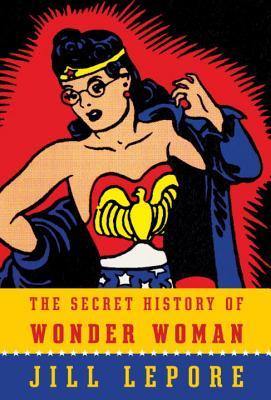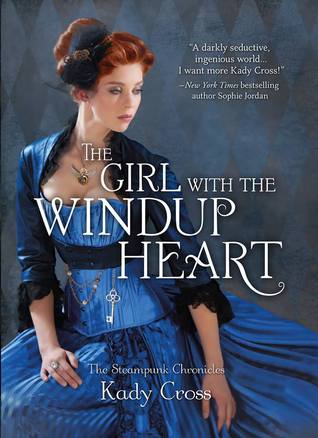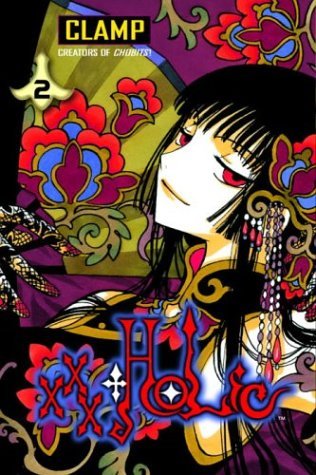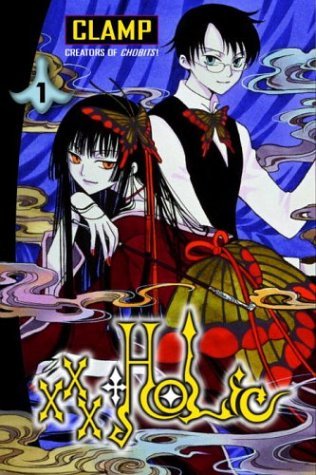
Today’s post is on The
Secret History of Wonder Woman by Jill Lepore. It is 410 pages long
including notes and is published by Alfred A. Knopf. The cover has Wonder Woman
on it changing from Diana Prince into Wonder Woman. The intended reader is
someone who is interested in women’s history, comic books, and social change. There
is talk of sex, some mild language, and no violence in this book. The story is
told in third person with first person interviews, letters, and other firsthand
documents. There Be Spoilers Ahead.
From the dust jacket- A riveting work of historical
detection revealing that the origins of one of the world’s most iconic
superheroes hides within it a fascinating family story – and a crucial history
of twentieth-century feminism.
Wonder Woman, created in 1941, is the most popular female superhero of all time. Aside from Superman and Batman, no superhero has lasted as long or commanded so vast and wildly passionate a following. Like every other superhero, Wonder Woman has a secret identity. Unlike every other superhero, she also has a secret history.
Harvard historian and New Yorker staff write Jill Lepore has uncovered an astonishing trove of documents, including the never-before-seen private papers of William Moulton Marston, Wonder Woman’s creator. Beginning in his undergraduate years at Harvard, Marston was influenced by early suffragists and feminists, starting with Emmeline Pankhurst, who was banned from speaking on campus in 1911, when Marston was a freshman. In the 1920s, Marston and his wife Sadie Elizabeth Holloway, brought into their home Olive Byrne, the niece of Margaret Sanger, one of the most influential feminists of the twentieth century. The Marston family story is a tale of drama, intrigue, and irony. In the 1930s, Masrston and Byrne wrote a regular column for Family Circle celebrating conventional family life, even as they themselves pursued lives of extraordinary nonconformity. Marston, internationally known as an expert on truth- he invented the lie detector test- lived a life secrets, only to spill them on the pages of Wonder Woman.
The Secret History of Wonder Woman is a tour de force of intellectual and cultural history. Wonder Woman, Lepore argues, is the missing link in the history of the struggle for women’s rights- a chain of events that begins with the women’s suffrage campaigns of the early 1900s and ends with the troubled place of feminism a century later.
Wonder Woman, created in 1941, is the most popular female superhero of all time. Aside from Superman and Batman, no superhero has lasted as long or commanded so vast and wildly passionate a following. Like every other superhero, Wonder Woman has a secret identity. Unlike every other superhero, she also has a secret history.
Harvard historian and New Yorker staff write Jill Lepore has uncovered an astonishing trove of documents, including the never-before-seen private papers of William Moulton Marston, Wonder Woman’s creator. Beginning in his undergraduate years at Harvard, Marston was influenced by early suffragists and feminists, starting with Emmeline Pankhurst, who was banned from speaking on campus in 1911, when Marston was a freshman. In the 1920s, Marston and his wife Sadie Elizabeth Holloway, brought into their home Olive Byrne, the niece of Margaret Sanger, one of the most influential feminists of the twentieth century. The Marston family story is a tale of drama, intrigue, and irony. In the 1930s, Masrston and Byrne wrote a regular column for Family Circle celebrating conventional family life, even as they themselves pursued lives of extraordinary nonconformity. Marston, internationally known as an expert on truth- he invented the lie detector test- lived a life secrets, only to spill them on the pages of Wonder Woman.
The Secret History of Wonder Woman is a tour de force of intellectual and cultural history. Wonder Woman, Lepore argues, is the missing link in the history of the struggle for women’s rights- a chain of events that begins with the women’s suffrage campaigns of the early 1900s and ends with the troubled place of feminism a century later.
Review- This was a great read. It was interesting, it
was easy to follow, and it was full of history about Marston, his family, and feminism.
I like Wonder Woman and all the history in it but I do not like Marston. He got
to have it all and the women in his life are the ones who paid for it all. His
wife Holloway was the only one who was employed the whole time. The history is great with lots of notes to add information and even give books for more reading. Marston was a odd feminist, he wanted women to be equal but when he would say or think things about women that are not always true like every woman wants to be mother or that all women enjoyed sexual submission and other things like that. All I could think was all the ways that women do not fit into his personal opinions. In the end I liked the history, I like Wonder Woman even more, but I dislike Marston quite a bit.
I give this book a Five out of Five stars. I get nothing for
my review and I borrowed this book from my local library.











